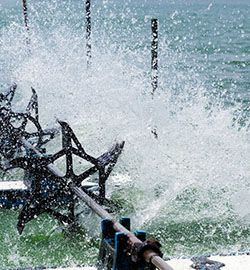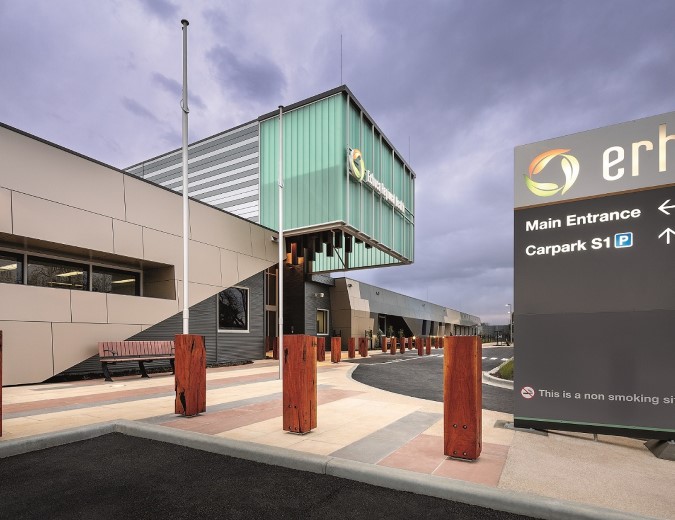Echuca Regional Health is widely recognised throughout the region for its holistic and progressive approach to energy management and sustainability, with a proven innovation track record. As part of its energy strategy, the hospital has been utilising its backup generators to participate in our Virtual Power Plant (VPP) – a collection of distributed energy assets including backup generators, batteries, and flexible loads that work together to provide additional dispatchable capacity to the grid – since 2017. VPPs are called into operation for short durations when large power stations suddenly fail, when demand outweighs supply, or when climatic events threaten grid stability.
Mark Hooper, Executive Project Manager at Echuca Regional Health said VPP participation is a natural fit for the hospital.












